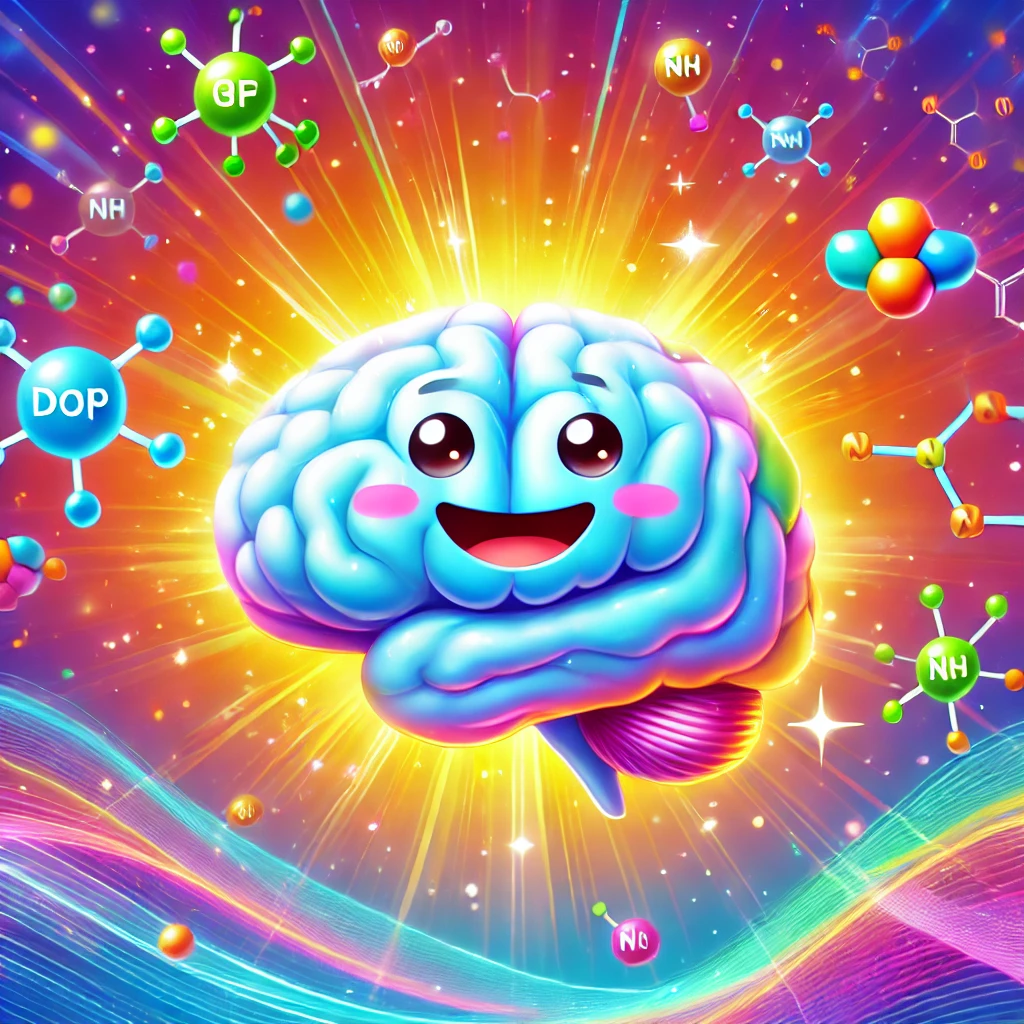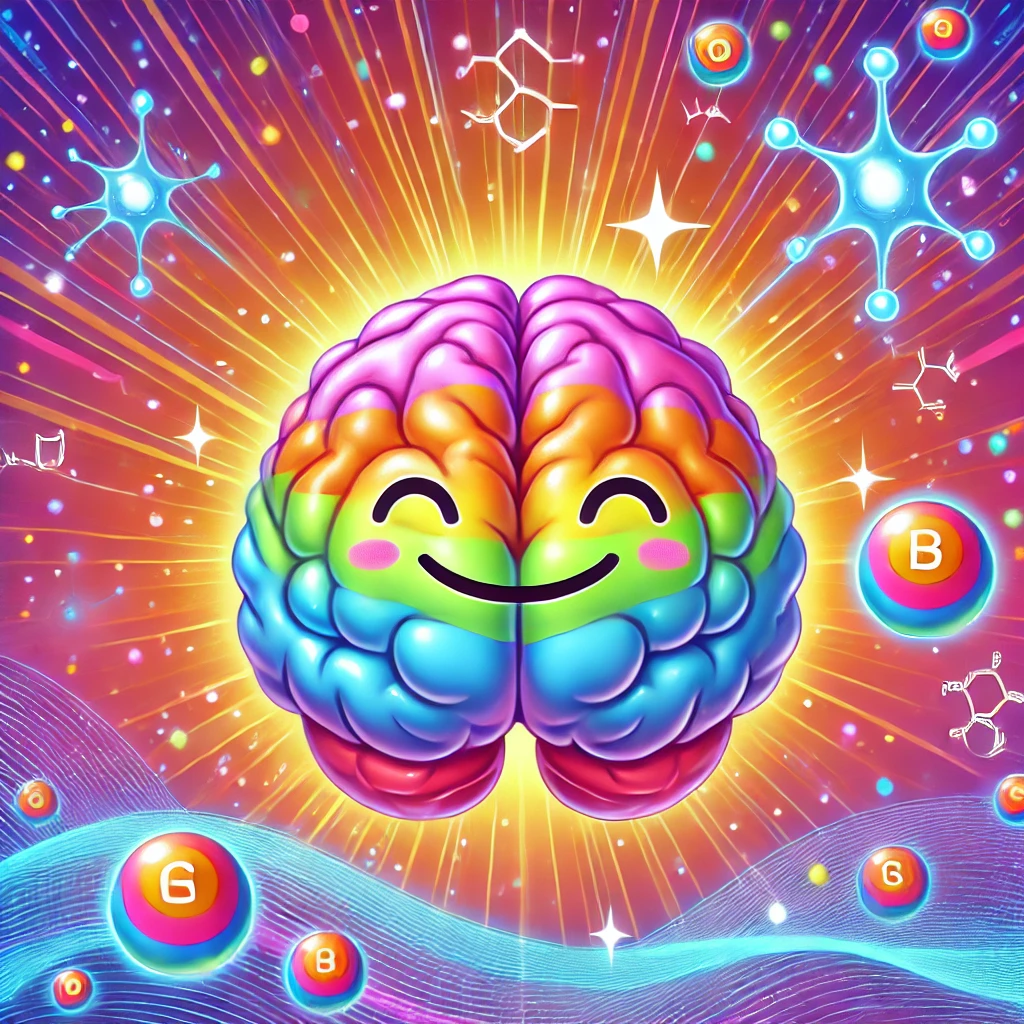
Happiness 😊 Isn’t Luck—It’s a Science! Learn How to Cultivate It Daily!
Happiness is a fundamental goal for most people, but what does it truly mean to be happy? Happiness is more than just a fleeting emotion; it is a state of well-being that contributes to overall life satisfaction. Science has shown that happiness is not merely a result of external circumstances but is deeply influenced by our thoughts, behaviors, and daily habits.
Understanding the scientific basis of happiness can help us cultivate a positive mindset. Fields such as psychology, neuroscience, and behavioral science provide valuable insights into what makes us happy and how we can enhance our well-being through intentional actions. In this blog, we explore the science behind happiness and practical ways to nurture a positive mindset daily.
1. Understanding Happiness: The Science Behind It
Happiness can be defined as subjective well-being, which includes emotional resilience, life satisfaction, and a sense of purpose. Science has identified key factors that contribute to happiness:
Key Scientific Findings:
- Neurotransmitters and Happiness: Our brain releases chemicals that influence our mood:
- Dopamine: The “feel-good” hormone associated with motivation and reward.
- Serotonin: Regulates mood and social behavior.
- Oxytocin: Known as the “love hormone,” it fosters trust and bonding.
- Endorphins: Reduce pain and promote feelings of pleasure.
- Brain Structures and Happiness:
- The prefrontal cortex plays a crucial role in regulating positive emotions.
- The amygdala, which processes emotions, can be trained to respond positively rather than react with fear or stress.
- Positive Psychology Research:
- Martin Seligman’s research in Positive Psychology emphasizes that happiness is influenced by our strengths, gratitude, and engagement in meaningful activities.
- Myth of Constant Happiness:
- Happiness is not about feeling joyful all the time but about maintaining a balanced emotional state and developing resilience in the face of challenges.

2. The Psychology of Positivity: How Mindset Affects Well-being
Fixed vs. Growth Mindset
Psychologist Carol Dweck’s research on Fixed vs. Growth Mindset highlights that people with a growth mindset are more likely to be optimistic, resilient, and open to learning.
- Fixed Mindset: Believes abilities and intelligence are static.
- Growth Mindset: Views challenges as opportunities for growth.
Cognitive Behavioral Therapy (CBT) Techniques
CBT helps reframe negative thoughts into constructive ones:
- Identify cognitive distortions (e.g., catastrophizing, overgeneralization).
- Practice positive self-talk and rational thinking.
The Power of Self-Affirmations and Gratitude
- Self-affirmations reinforce a positive self-image.
- Practicing gratitude shifts focus from what is lacking to what is abundant.
Happiness as a Trainable Skill
- Research shows that consistent positive habits rewire the brain over time, making happiness a learned behavior.
3. Daily Habits to Cultivate Happiness
A. Practicing Gratitude
Science Behind Gratitude:
- Robert Emmons’ research found that gratitude increases happiness and reduces stress.
Practical Exercises:
- Gratitude Journaling: Write down three things you are grateful for daily.
- Express Appreciation: Thank someone sincerely every day.
B. Mindfulness and Meditation
Benefits:
- Reduces stress and anxiety.
- Improves focus and emotional regulation.
Simple Mindfulness Exercises:
- Deep breathing techniques.
- Guided meditation.
- Body scan meditation for relaxation.
C. Physical Health and Happiness Connection
Exercise:
- Releases endorphins, reducing stress and boosting mood.
Nutrition:
- Healthy foods impact gut microbiome, influencing serotonin production.
Sleep:
- Essential for emotional stability and mental clarity.
D. Social Connections and Community Engagement
Harvard Study on Adult Development:
- Found that strong relationships are the key to a happy and fulfilling life.
Ways to Nurture Social Connections:
- Spend quality time with loved ones.
- Engage in meaningful conversations.
The Power of Kindness and Volunteering:
- Helping others increases personal happiness and life satisfaction.
E. Dopamine Detox & Digital Well-being
Impact of Social Media on Mental Health:
- Excessive use leads to comparison, anxiety, and decreased real-life interactions.
Strategies for Mindful Technology Use:
- Set screen time limits.
- Engage in offline hobbies.

4. Overcoming Negative Thinking and Emotional Blocks
Identifying and Challenging Negative Self-Talk
- Recognizing automatic negative thoughts.
- Replacing them with rational, positive perspectives.
Managing Stress and Anxiety
- Breathing exercises and relaxation techniques.
- Journaling and self-reflection.
Dealing with Failures and Setbacks Positively
- Viewing failures as learning experiences.
- Practicing resilience and adaptability.
5. The Long-Term Benefits of a Positive Mindset
Increased Resilience and Emotional Intelligence
- Strengthens ability to handle stress and adversity.
Better Relationships and Career Growth
- Positivity improves communication and workplace success.
Enhanced Overall Well-being and Longevity
- Happy individuals tend to live longer, healthier lives.

Conclusion
Happiness is not just a feeling but a combination of mindset, habits, and intentional choices. By practicing gratitude, mindfulness, healthy living, and fostering meaningful connections, we can train our minds to be happier.

Final Thought:
“Happiness is not something ready-made. It comes from your own actions.” – Dalai Lama
Start with small changes today and watch how they transform your daily life for the better!






